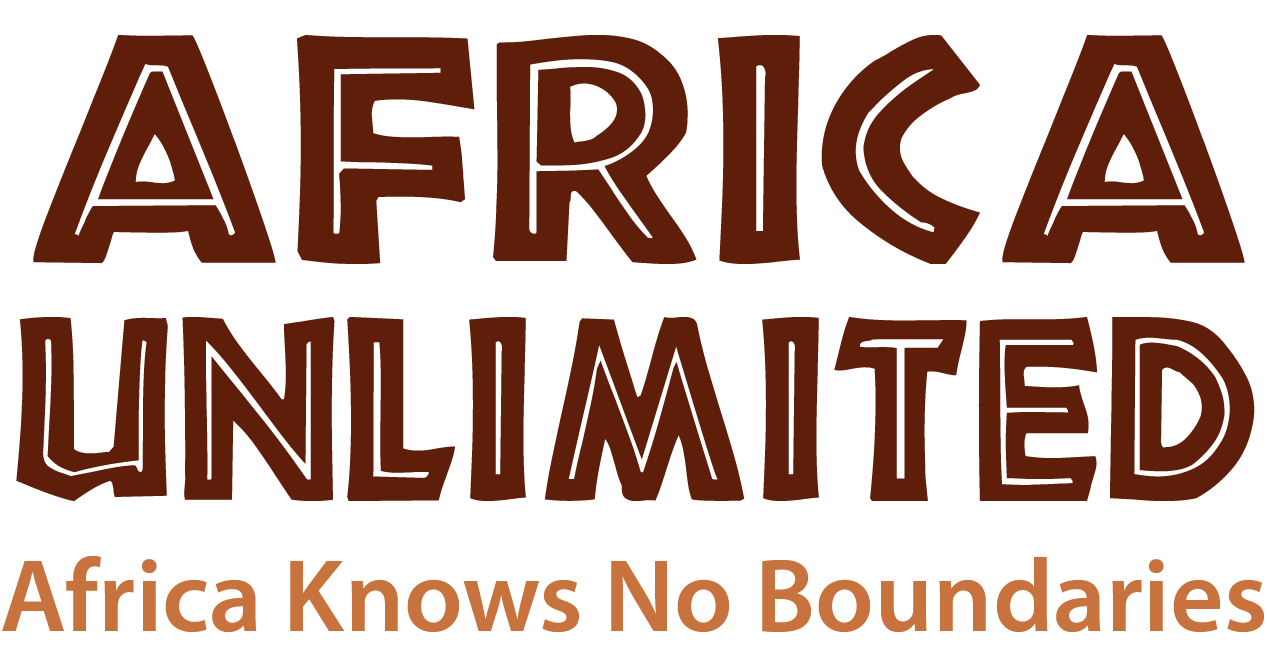Kwame Nkrumah was a gifted African student studying in London during the 1940s. He worked closely with W.E.B. DuBois to organize the 5th Pan African Conference (1945) in which many young African and Caribbean intellectuals pledged to work for the liberation of their individual countries and to cooperate for the benefit of all.
Nkrumah returned home to the British colony called the Gold Coast, in 1948, and became deeply involved in the organized protests opposing British rule. He emerged as the leader in the gradual process, ending in 1957, whereby Britain granted independence to this colony. One of Nkrumah’s first steps was to change the name of the new country from the Gold Coast to Ghana . It became the first state, south of the Sahara, to break free from Europe .
Ghana has remained a stable, relatively prosperous African nation, though it has yet to even approach its full economic potential. Except for a brief four year period (1961-65) in which Nkrumah tried to institute a form of socialism, which ended in his ouster by a military coup, Ghana ‘s leaders have always tried developing the country’s economy under the guidance and direction of the West. Large, stifling debts to the World Bank and the International Monetary Fund (IMF), like those plaguing most of the continent, have been the result.
Nkrumah was right in his oft stated belief that the nations of Africa cannot survive and thrive as individual, underdeveloped entities each dealing separately with a world dominated by the economic powerhouse that is the West. However, the problem has been how to get African nations to agree to cooperate as one, given that so many of them are under internal pressures to break up into even smaller nations. Perhaps the newly formed African Union (AU) can succeed where the Organization of African States (OAS), of which Nkrumah was a chief architect, could not.
However, a Ghanaian today, Kofi Annan, former Secretary General of the United Nations, in his very person, represented the idea of unity in the world as a whole. A few years ago, before giving President Bush permission to speak before the world body, Annan lectured him on the absolute need for all nations to submit their disputes to the UN for exclusive consideration, and action, under the paramount, overriding rules of international law. He closed with the words, “Let us all recognize, from now on in each capital, in every nation, large and small that the global interest is our national interest.”
By Dr. Arthur Lewin, from Africa Is Not A Country: It’s A Continent, www.AfricaUnlimited.com
